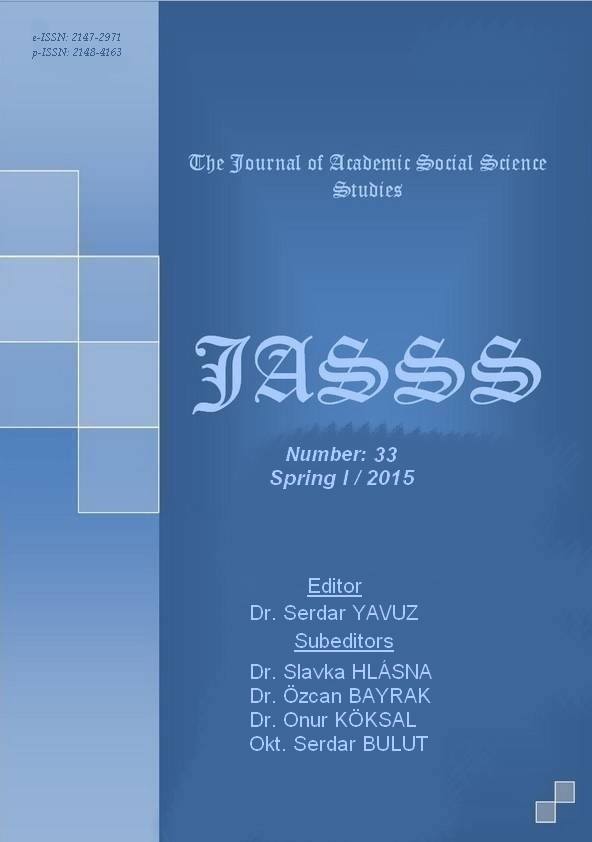Author :
Abstract
İngiltere’nin 19. yüzyıl ortalarına doğru Karadeniz ticaretinde artan nüfuzu Osmanlı kayıtlarına yansımış bir durumdur. İngiliz bandıralı gemilerin İstanbul boğazından geçişlerini gösteren bu kayıtlara göre İngilizlerin Karadeniz limanlarıyla yaptığı ve nispeten istikrarlı bir çizgi izleyen ticaret 1840’ların ikinci yarısında canlanma göstermiş; Karadeniz bu ticarette İngiliz gemileri için bir ithalat bölgesi özelliği arz etmiş; Karadeniz’den yapılan ihracat zirai, hayvani ve hammadde niteliği taşıyan ürünlerden meydan gelmiş; Ticaret faaliyetlerinin Karadeniz’in kuzeyindeki Rus iskelelerinde yoğunlaşmasına ragmen Tuna Nehri ağzındaki iskeleler yeni alternatifler olarak ortaya çıkmış; Karadeniz’e yapılan ithalatta İngiltere ile Karadeniz arasında doğrudan yapılan bir ticaret köprüsü kurulmuş; Bu durum, İngiltere’nin yerli sınai mamulleri ve sömürge ürünlerinin ağırlığını oluşturduğu mal kompozisyonuna da yansımış; İngiliz’lerin Karadeniz ticaretini yönlendirdikleri öngörülen Rum unsuru ortaya çıkan tabloya yansımamıştır.
Keywords
Abstract
The increasing weight of Britain in the Black Sea trade towards the mid 19th century is reflected in Ottoman registers. According to these registers showing the entry and the exit of British vessels to and from the straits, the relatively stable British Black Sea trade conducted through the 1840’s tended to increase in the second half of the decade; the Black Sea posed as a supply region for British ships; the articles of export from the Black Sea consisted of the agricultural products, the items of husbandry and the raw materials; the Danubian ports emerged as alternative channels of import for British vessels in spite of the ongoing ascendancy of Russian ports on the Northern Black Sea; as far as the imports into the Black Sea is concernced, a direct trade without any intermediaries was established between Britain and the Black Sea; this aspect of the course of trade was visible in the composition of the trade articles; and the Greek element, which was supposed to have ruled over the British trade in the Black Sea, could not be detected in the findings of the research.





